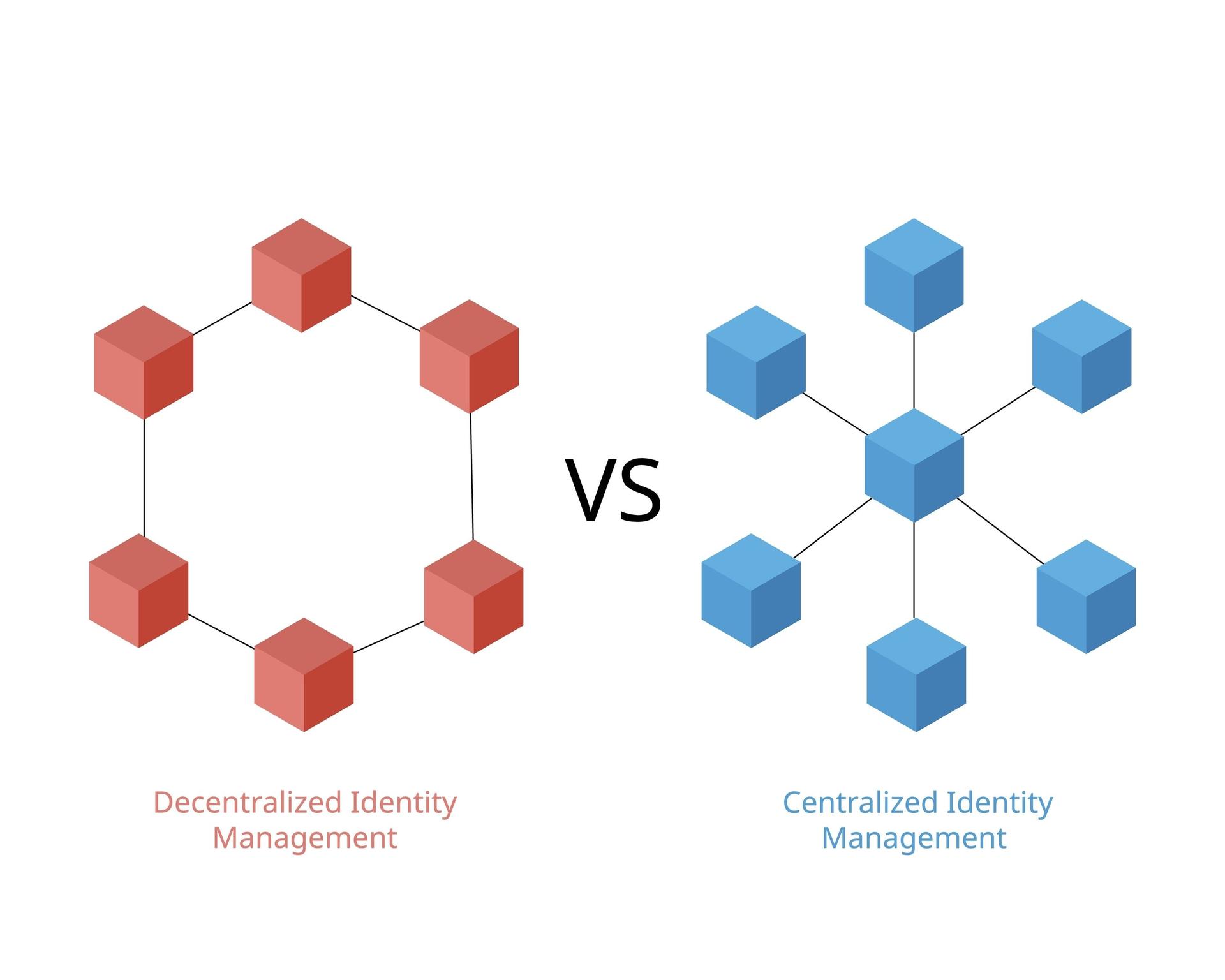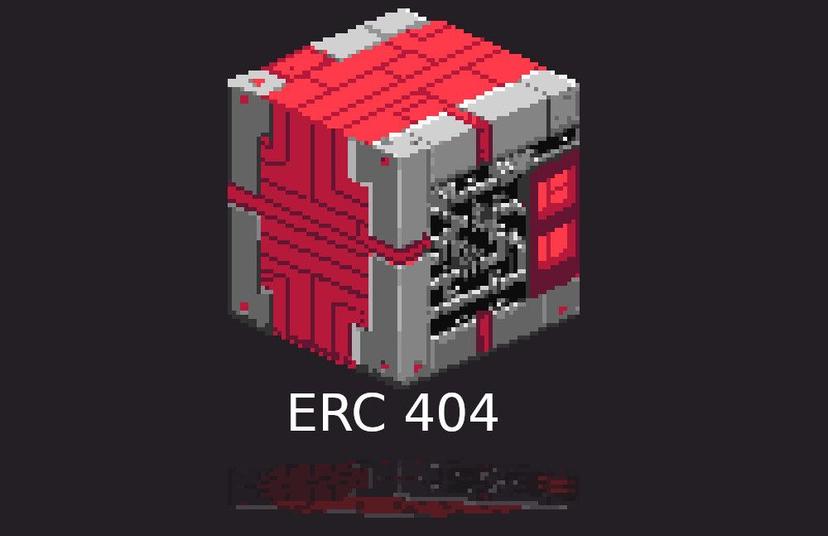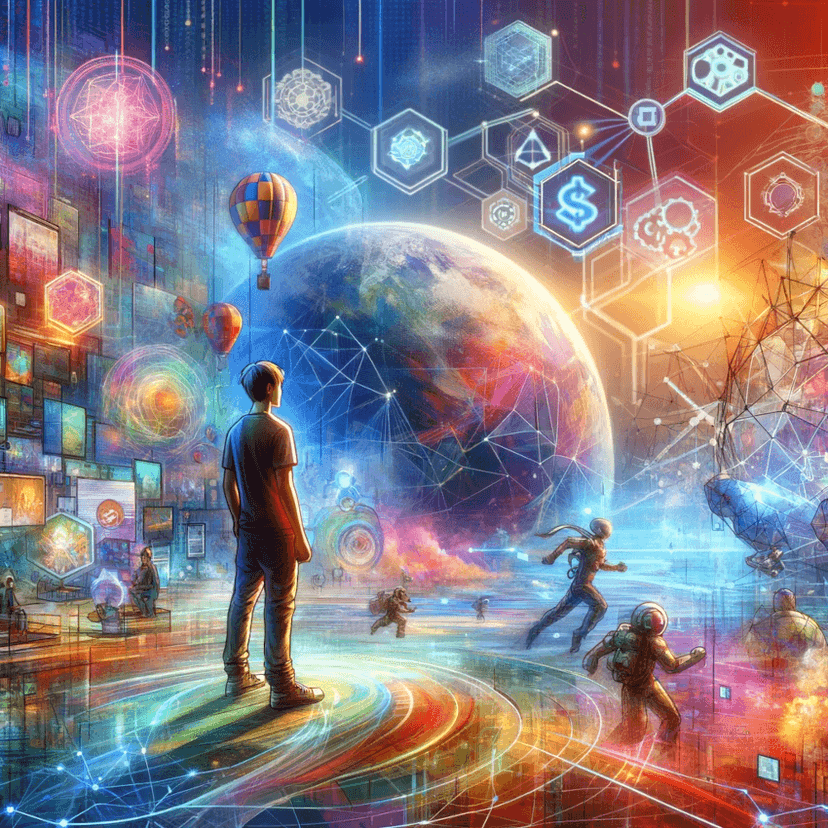Published January 1, 2023

NFTs have recently been making headlines due to their rising value, but how exactly do they relate to decentralized identity? This article will explore the potential implications of NFTs and decentralized identity for the future of ownership and digital identity.
What is Decentralized Identity?
Decentralized identity refers to a system where individuals have full control and ownership of their digital identity, rather than relying on a central authority to store and manage that identity. This is made possible by blockchain technology, which allows for the creation of self-sovereign digital identities. In a decentralized identity system, individuals create their own digital identity that is stored on a blockchain. This digital identity can then be used to verify their identity across different applications and platforms, without the need for a centralized point of control. This has the potential to increase privacy and security, as well as enabling new forms of digital interactions and transactions. Potential implications of NFTs and Decentralized Identity
The combination of NFTs and decentralized identity has the potential to revolutionize the way we think about ownership and digital identity. NFTs allow individuals to own and control their own digital assets, whether they are digital artworks, gaming items, or even digital real estate. This could create new opportunities for creators and entrepreneurs, and give individuals more control over the digital assets they own. Decentralized identity, on the other hand, could give individuals more control over their personal data and how it is used. This could lead to new forms of digital interactions and transactions, as well as making it more difficult for malicious actors to steal personal information. Another potential benefit of NFTs and decentralized identity is that it could help to reduce fraud and counterfeit in the art market. As each NFT is unique and their transaction history is recorded on the blockchain, it becomes much harder to counterfeit or forge a work of art.
Challenges and Limitations
While NFTs and decentralized identity have the potential to bring many benefits, there are also challenges and limitations that will need to be addressed. One of the biggest challenges is scalability, as the number of transactions on the blockchain will increase as NFTs and decentralized identity become more popular, which could slow down the network and make it more expensive to mint and transfer NFTs. Another limitation is that the technology is still relatively new, and there are still many unknowns about how it will be used in the long term. Additionally, it's important to consider the environmental impact of NFTs, as the process of minting them can consume a large amount of energy.
Final Words: NFTs and Decentralized Identity will Revolutionize Digital Ownership
In conclusion, NFTs and decentralized identity have the potential to bring about significant changes in the way we think about ownership and digital identity. However, there are also challenges and limitations that will need to be addressed as this technology continues to evolve.



